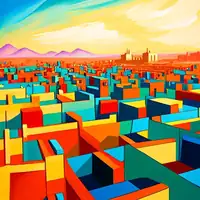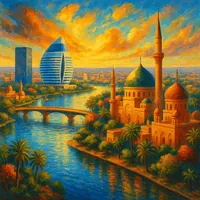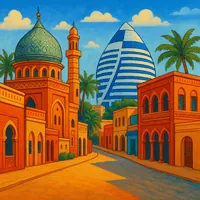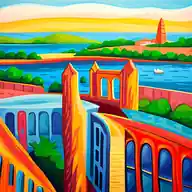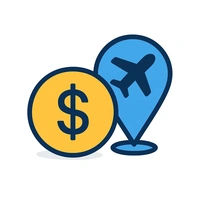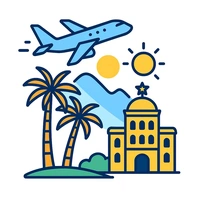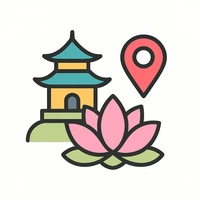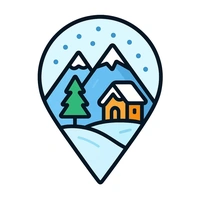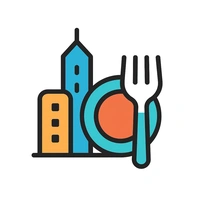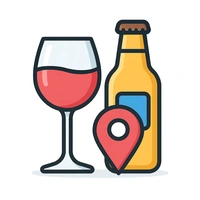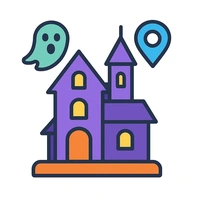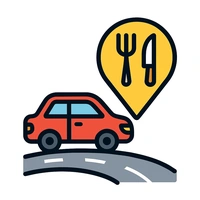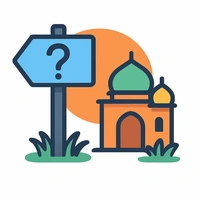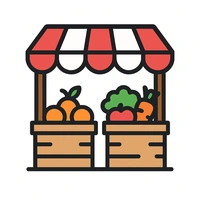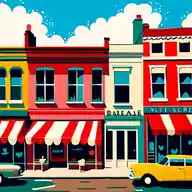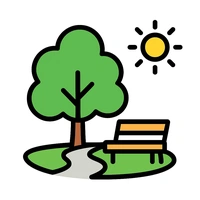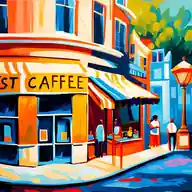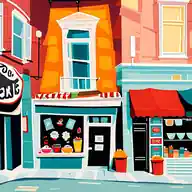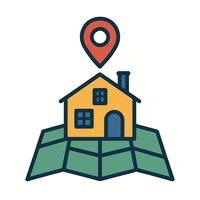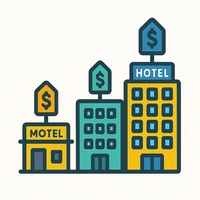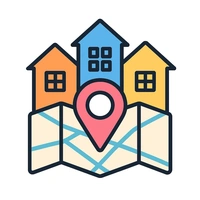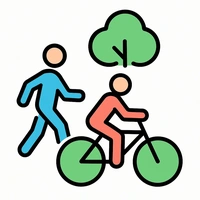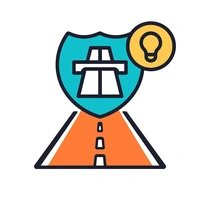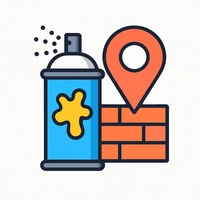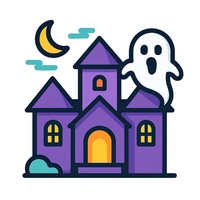Khartoum, Sudan, is uniquely positioned at the confluence of the Blue and White Nile rivers, offering a rare geographical spectacle where these mighty waterways merge. This distinct feature not only shapes the city's landscape but also its cultural and economic life. The blend of modern and traditional is palpable, with its bustling souks and colonial-era architecture standing alongside the striking modernity of projects like the Al-Mogran Development. Khartoum's lush Tuti Island, caught serenely between the Niles, adds to its unparalleled charm.
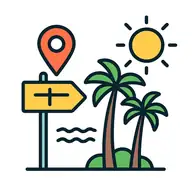
Destinations

Travel Tips & Planning

General City Overview
Notable points about Khartoum
- Confluence of the Blue and White Nile: Khartoum is uniquely situated at the confluence of the Blue and White Nile rivers, making it a striking geographic and hydrological landmark. This meeting point creates stunning natural vistas and plays a significant role in the city's irrigation and agriculture.
- Cultural Melting Pot: As the capital of Sudan, Khartoum is a major cultural hub. It hosts a diverse mix of ethnic groups and cultures, reflected in its vibrant arts scene, traditional music, and festivals. Key attractions include the Sudan National Museum and the Omdurman Souq, one of Africa’s largest markets.
- Historical Significance: Khartoum offers a rich historical tapestry, from the ancient kingdoms of Nubia to its role in the Mahdist War. The city houses several historic sites, such as the tomb of Muhammad Ahmad, the Mahdi, and the confluence of Nile monument.
- Educational Center: For those interested in academic pursuits, Khartoum is home to several prominent universities, such as the University of Khartoum, which is known for its contributions to scientific and social research in Sudan.
- Family-Friendly Environment: Families can enjoy numerous parks and recreational areas alongside the Nile, such as Tuti Island, which offers open spaces for picnics, sports, and relaxation in a safe and picturesque setting.
- Vibrant Nightlife and Dining: Singles and couples can explore Khartoum's growing nightlife and dining scene. The city offers an array of restaurants along the riverbank, which provide not only diverse cuisines but also lively atmospheres with traditional Sudanese hospitality.
- Transportation Hub: Khartoum’s strategic location makes it a vital transportation hub within Sudan and East Africa. It offers well-connected air, road, and railway networks, facilitating ease of travel for business and tourism.
- Distinct from Other Sudanese Cities: Unlike other cities in Sudan, Khartoum's cosmopolitan nature and status as the political and economic center provide diverse opportunities for employment, education, and cultural exposure that are not available elsewhere in the country.
- Eco-Friendly Projects: For environmentally conscious visitors, Khartoum is increasingly embracing eco-friendly initiatives, with projects aimed at sustainable urban development and maintaining its unique natural landscapes along the Nile.
- Climate and Lifestyle: The city offers a warm desert climate, providing year-round sunshine that appeals to those who enjoy outdoor activities. The abundance of outdoor cafes and social gathering spots along the Nile make it a lively place for retirees or anyone looking for a laid-back lifestyle.
Summarized User Reviews
Sitting by the Nile at sunset with a cup of strong Sudanese coffee—pure magic. There's a rhythm to life here that's slow but deeply rooted.
The dust and heat hit you hard, especially if you're not used to it. But the people? Warmth like you've known them forever.
Taxis zigzag with no rules, but somehow you get where you're going. It’s chaotic, yes—but there’s charm in that.
Museum’s great, but don’t expect too many signs in English. Still, the history inside gives you goosebumps if you know what you're looking at.
Friday fish by the river, a family picnic, and kids kicking around a ball—those are the moments that make Khartoum unforgettable.
Interactive Word Cloud for Khartoum

